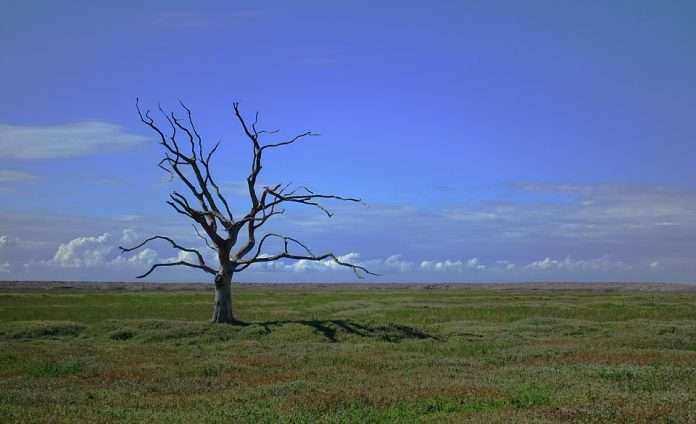Today, I cannot forget how Greta Thunberg, the16-year-old Swedish teenager who skipped school and inspired an international movement to fight climate change, was ridiculed and opposed when she spoke of Climate Change and Global Warming. What is playing out now globally is what she was trying to warn us about.
Global arena
We should not forget that in 2019 we saw the fourth consecutive Atlantic hurricane season with above-average activity, Europe sweltered through a historic heat wave in June and dry conditions fuelled massive bushfires that raged across Australia (NBC). Scientists say these extreme events are likely linked to Climate Change and will become hallmarks of the ‘new normal’ for the planet.
India affected
In India we have seen the devastation caused by Cyclone Fani in 2019 and Cyclone Amphan in May 2020 and now the Locust attack. What I am alarmed about is the change in season. We are right in the middle of the summer season but how many of us have felt the real Indian summer till now? Every now and then we hear of heavy rains and hailstorms in Delhi and NCR, unseasonal flooding in another part of the country. Is that normal? And as I write this, there is warning of another cyclone, this time on our Western coast. A low-pressure area is developing over the Arabian Sea which will intensify into a cyclonic storm in the next 48 hours and will reach parts of Maharashtra and Gujarat coasts on June 3.
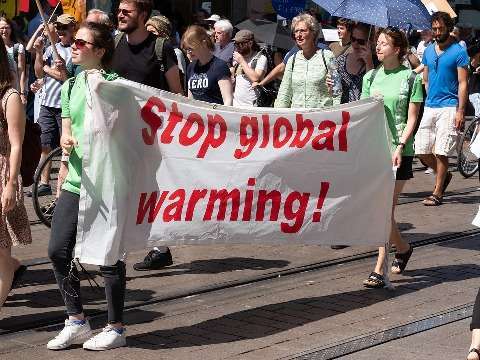
The necessity to wake up
Well, it’s becoming increasingly clear that Climate Change is not something that is far off — it’s something affecting people today.
Many people consider Climate Change to be synonymous with Global Warming. Scientists prefer to use ‘Climate Change’ when they describe the complex shifts now affecting our planet’s weather and climate systems. Climate Change encompasses not only rising average temperatures but also extreme weather events, shifting wildlife populations and habitats, rising seas, and a range of other impacts (National Geographic).
Climate Change does not only mean that we are in the path of extinction but it also questions—how much suffering are we readyto witness on our planet. Also, are we ready to see people dying or migrating in lakhs each time a calamity strikes?And to top it all, it will cause economic disruption which is bound to hamper our daily lives and economic growth, have we considered that.
One good parameter to consider is that during the Corona pandemic lockdown there was minimum human activity and we read news of how the Ganga and Yamuna waters are less polluted. How the Himalayas were visible from states like Bihar. How the ozone hole has become small and is healing.
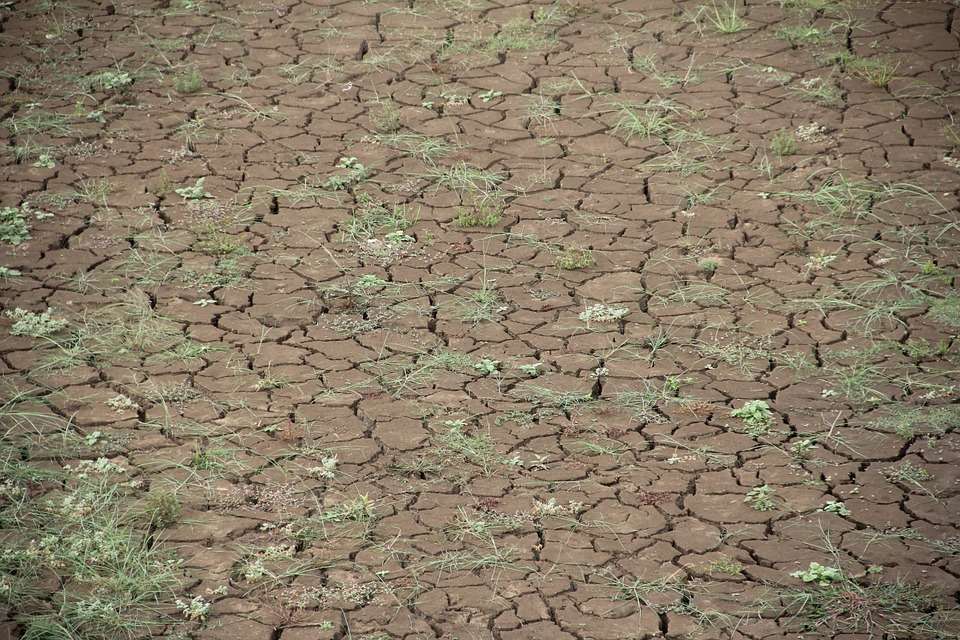
Reasons for Climate Change
During the Industrial Revolution in the 19th century there was a large-scale use of fossil fuels for industrial activities. These industries which were mostly in urban areas increased job opportunities and so people from rural areas moved to the nearby cities. This trend continues even today.
Now when people move to a new place they want a place of their own, so more land that is covered with forests and vegetation is cleared to make way for housing complexes. Natural resources like fossil fuels are being used inactivities like construction, industries, transport, and consumption. Our increasing want for material thingshas created mountains of waste. Population has increased everywhere but more specifically in countries like China and India, there has been a populationexplosion. All this has contributed to a rise in greenhouse gases in the atmosphere.
The singularly important greenhouse gas in the atmosphereis undoubtedly Carbon Dioxide (CO2). CO2 rises whenever there is change in land use pattern, deforestation, land clearing, agriculture, and other activities.
As far as other greenhouse gases go Methane is another important gas in our atmosphere. Do you know that about one-fourth of all methane emissions are said to come from domesticated animals such as cows, goats, pigs, buffaloes, camels, horses, and sheep?Well, theseanimals during the cud-chewing processproduce Methane. Surprisingly, Methane is also released from rice or paddy fields that are flooded during the sowing and maturing periods.
You might wonder as to what do greenhouse gases in the atmosphere do? They absorb heat radiation. Our activities have increased greenhouse gases in the atmosphere leading to more heat retention which has in turn resulted in increase in surface temperatures. Enough emphasis cannot be given todeforestation as a reason for Climate Change. Lack of green cover leads to changes in the amount of sunlight reflected from the ground back into space.
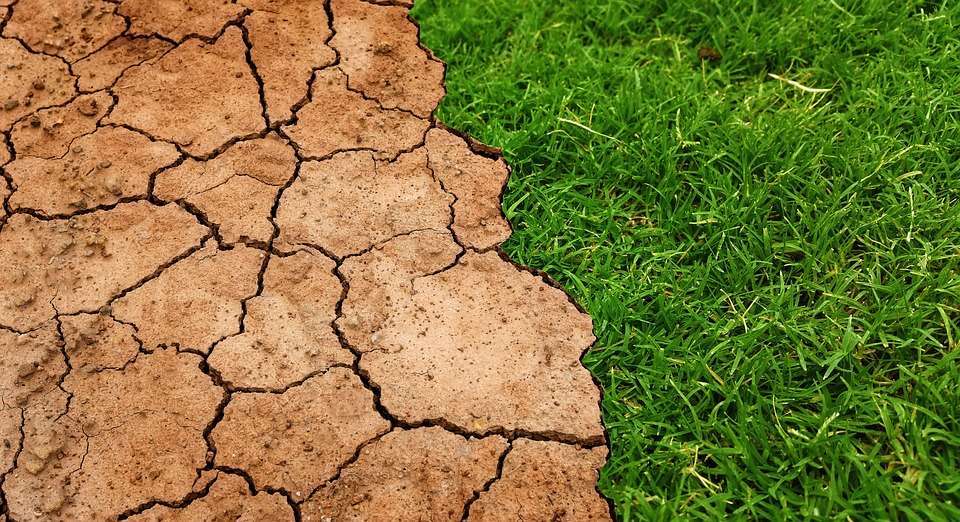
What we can do
Here’s what we can do at our level. We can switch to green power like solar energy, as we ease out of fossil fuels we directly reduce CO2 emissions.Save energy, you might find it clichéd but it still holds true, switch off that unnecessary light! Change your diet, pick organic and vegetarian diets. No, I am not saying become a vegetarian but add more green to your plate. Most important-please avoid plastic in any form like the plague. Let’s try and reduce our digital footprint. Do you know every search query we type, every email we send or receive, and every song we stream causes CO2 emissions, think about it.
Sharing is good, share cars, exchange clothes, lend and borrowtools. As much as possible avoid flying. Yes, Greta Thunberg did that when she travelled to the USA to attend climate conferences in New York City in 2019, until it was moved toSantiago, Chile. Flying emits large quantities of CO2 in a short time. Plant more trees and look after forests. Vegetation ‘feeds’ on CO2 and converts the damaging gas into oxygen, and we all know it is vital for our survival. Prefer the bicycle, it will not only reduce your carbon footprint but will keep you healthy as well. Finally, speak up for our planet; make your voice be heard at relevant platforms.
(The views expressed are the writer’s own.)
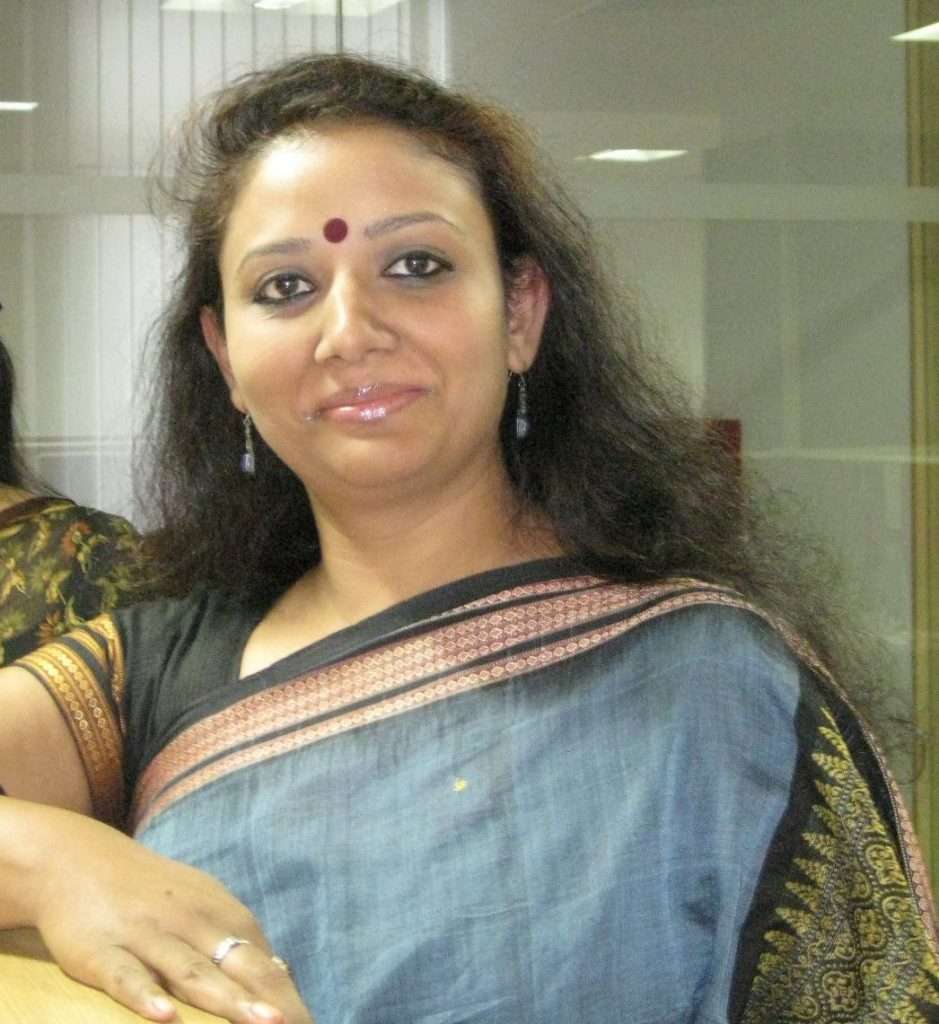
Smita Singh is a freelance writer who has over 17 years of experience in the field of print media, publishing, and education. Having worked with newspapers like The Times of India (as freelancer), National Mail, DainikBhaskar and DB Post, she has also worked with Rupa& Co, a book publishing house and edited over 30 books in all genres.
She has worked with magazines like Discover India and websites called HolidayIQ and Hikezee (now Go Road Trip). She has also written for Swagat (former in-flight magazine of Air India), Gatirang (magazine of MarutiUdyog), India Perspectives (magazine for Ministry of External Affairs) and Haute Wheels (magazine of Honda).
After turning freelance writer she wrote on art and architecture for India Art n Design. She also worked for Princeton Review as a full-time Admissions Editor and then IDP Education Private Limited as an Application Support Consultant. Smita has her own website called bookaholicanonymous.com which supports her love for books and reading!
You can reach her at: [email protected]

